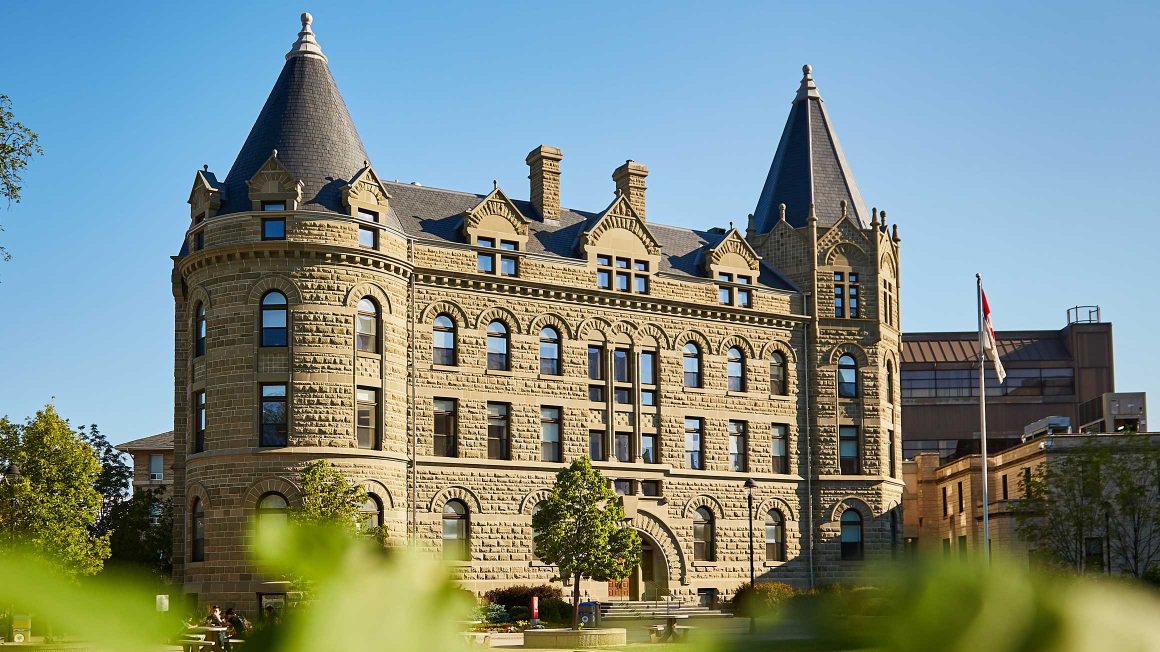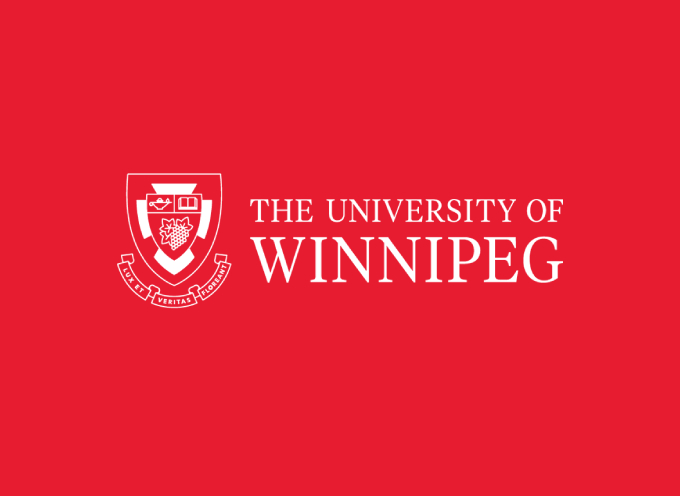The University of Winnipeg’s Board of Regents has approved a balanced budget of $156 million for 2021-2022.
The budget reflects a 1.8 per cent reduction to our base operating grant from the provincial government, which is equivalent to $1.2 million. The University’s operating grant has been cut $2.3 million (3.6%) since 2017-2018.
The provincial government has provided $1.2 million in deferred maintenance funding for 2021-2022, which will be used to address critical deferred maintenance needs on campus.
Beyond the operating grant reduction, UWinnipeg is projecting substantial revenue losses from campus operations impacted by COVID-19 — most notably in ancillary services like housing, parking, printing, and recreational space rental.
To achieve a balanced budget, savings were found through continued vacancy management (leaving job vacancies unfilled) and reductions in discretionary travel, supplies, security, and campus services.
As directed by the provincial government, tuition will increase by an average of 3.75% over last year, varying by program. This equates to $131 for the average student ($185 if taking a full load of five courses). UWinnipeg remains one of the most affordable options in Canada for post-secondary education.
We are focused on delivering a high-quality student experience and continuing strong enrolments are a vote of confidence in the value of a UWinnipeg education.
Dr. James Currie
Additional resources have been allocated to support students with financial need. In 2020-2021, the University provided over $8 million in scholarships, bursaries, and awards — up from $5.9 million in 2019-2020 — largely thanks to changes in the provincial MSBI program. For 2021-2022, an additional $100,000 has been allocated to support international students facing unexpected financial challenges due to the pandemic.
After a hiring freeze and record enrollments in 2020-2021, the University authorized the filling of several faculty vacancies to bring faculty staffing in line with pre-pandemic levels.
UWinnipeg is also making strategic investments in supporting faculty to conduct research. The institution has seen its research enterprise increase by more than 120%, from $6.2 million in 2016 to more than $14 million today.
According to data analyzed by the Canadian Association of University Business Officers, UWinnipeg is one of the leanest and most efficient universities in Canada. Its improving financial stability is the result of a strategic three-year budgeting process — along with a series of difficult decisions. Since 2015, restructuring has eliminated 37% of senior administrative management positions at UWinnipeg. Several non-senior management roles were also removed. Salaries for all non-unionized staff were frozen several times in recent years.
“UWinnipeg continues to deliver on our core mission of teaching and research, amidst the global pandemic. We are focused on delivering a high-quality student experience and continuing strong enrolments are a vote of confidence in the value of a UWinnipeg education. By focusing on the fundamentals, I am confident that we will emerge stronger and better-prepared to meet the challenges of the post-pandemic future, where our graduates will be in demand as the economy rebounds and takes off, said Dr. James Currie, President and Vice-Chancellor.
“Our faculty and staff are the heart and soul of the academy and I am very proud to work with such a dedicated and caring team of people.”





